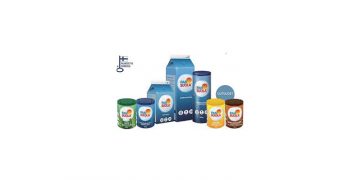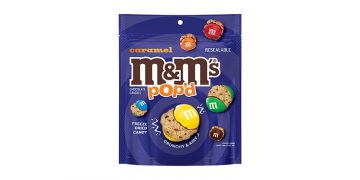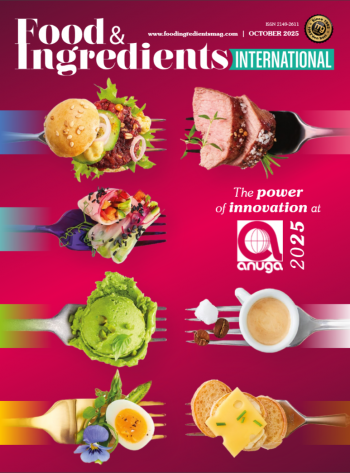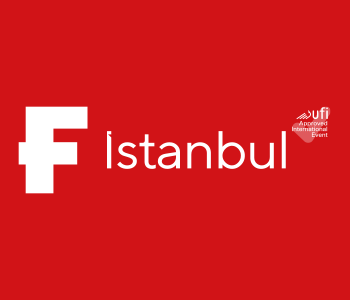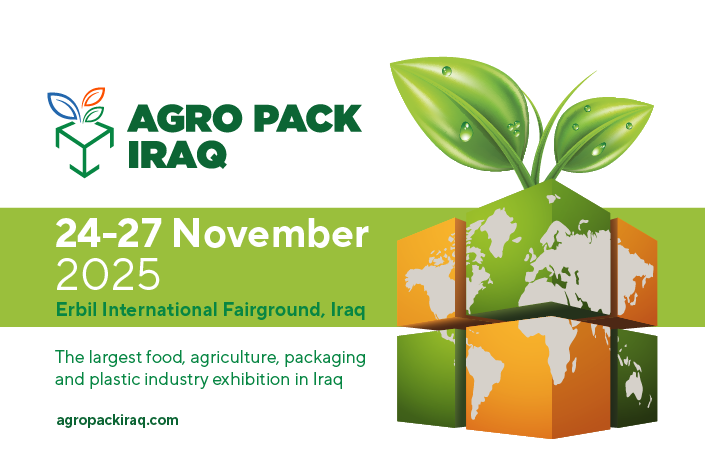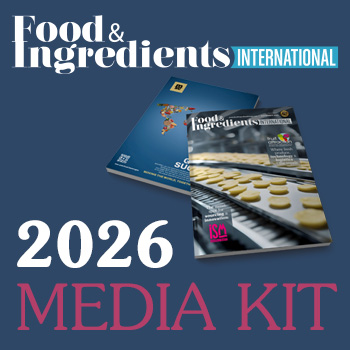Turkish company HVS GROUP emphasizes the importance of understanding global supply-demand equilibrium when entering a new market.
HVS GROUP believes that serving extreme product diversification and targeting various demographics among consumers drives the company to success.
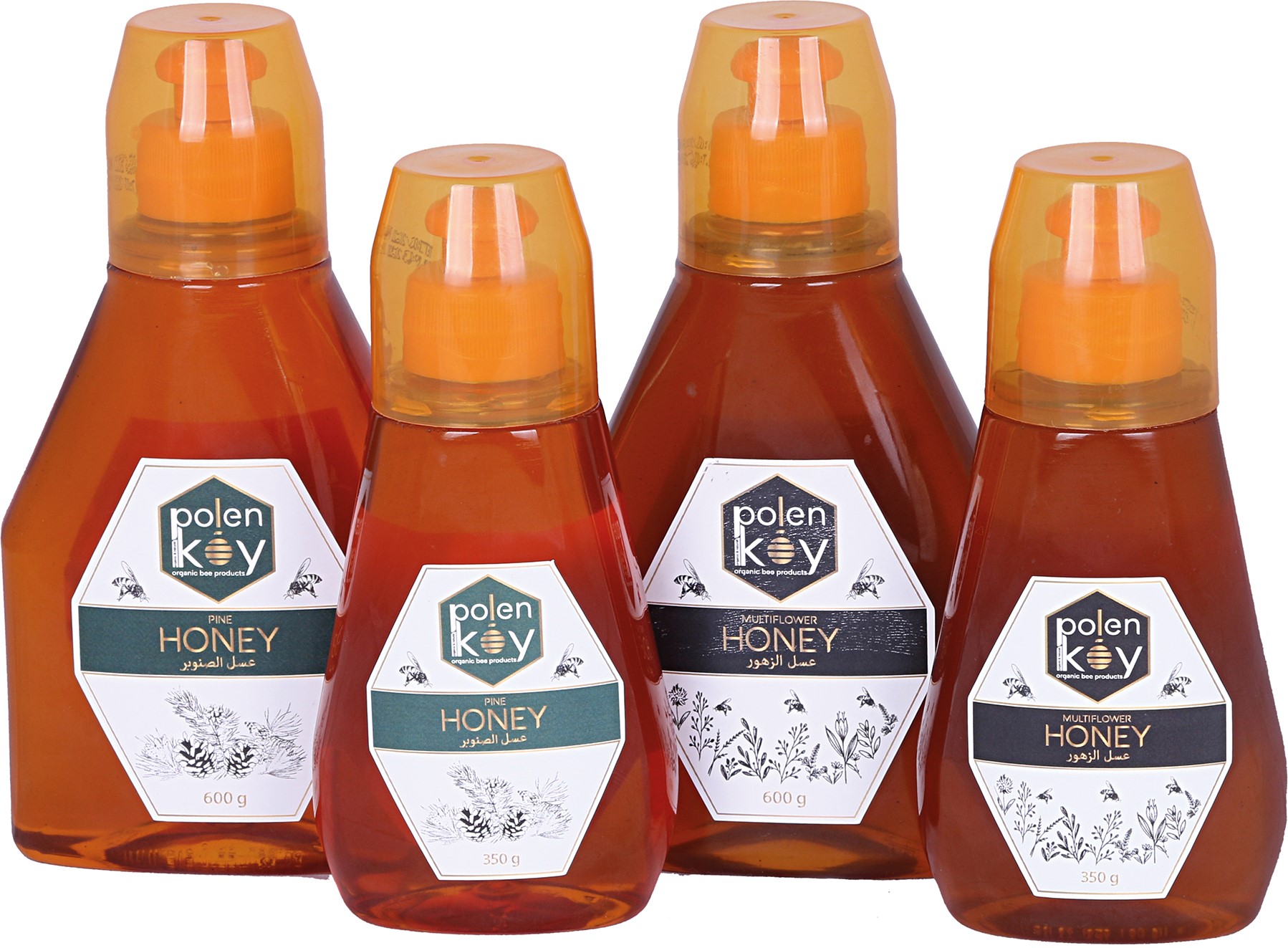 CEO of HVS GROUP Company’s Mr. Cosar stresses that the ideal research and development process of a food firm should be stretched on two perspectives. First, it should consider the world’s supplydemand equilibrium and the second should be adaptivepromotions on a targeted market.
CEO of HVS GROUP Company’s Mr. Cosar stresses that the ideal research and development process of a food firm should be stretched on two perspectives. First, it should consider the world’s supplydemand equilibrium and the second should be adaptivepromotions on a targeted market.
“As an exporter, our collaborators are importers worldwide. We rearrange our supply chain according to their demands. We give our all to meet the customers’ demands with cooperation from partner collaborators, who are completely under our supervision. For instance; Turkey has strict regulations on honey export, demanding diligent supervision of honey production and export. Authorized international laboratories make all analyses, and we can provide customers analyses from different labs according to their country’s needs.” added Mr. Cosar.
Polenkoy is a subsidiary of the HVS GROUP which manufactures and exports organic and natural food products globally. Some products include the eight-variety honey, olive oil, olives, jams, tahini, halva and molasses.
Aim for targeted marketing Understanding different consumers from different markets fully is one of the main goals as Polenkoy’s R&D process is being operated. “Polenkoy attempts to understand the consumers’ expectations in a specific geographical area before entering the market ‘’Mr. Cosar said. Contacting wholesalers and/or importers, utilizing digital advertisements, attending fairs and B2B meetings to establish brand awareness are among the strategies used.
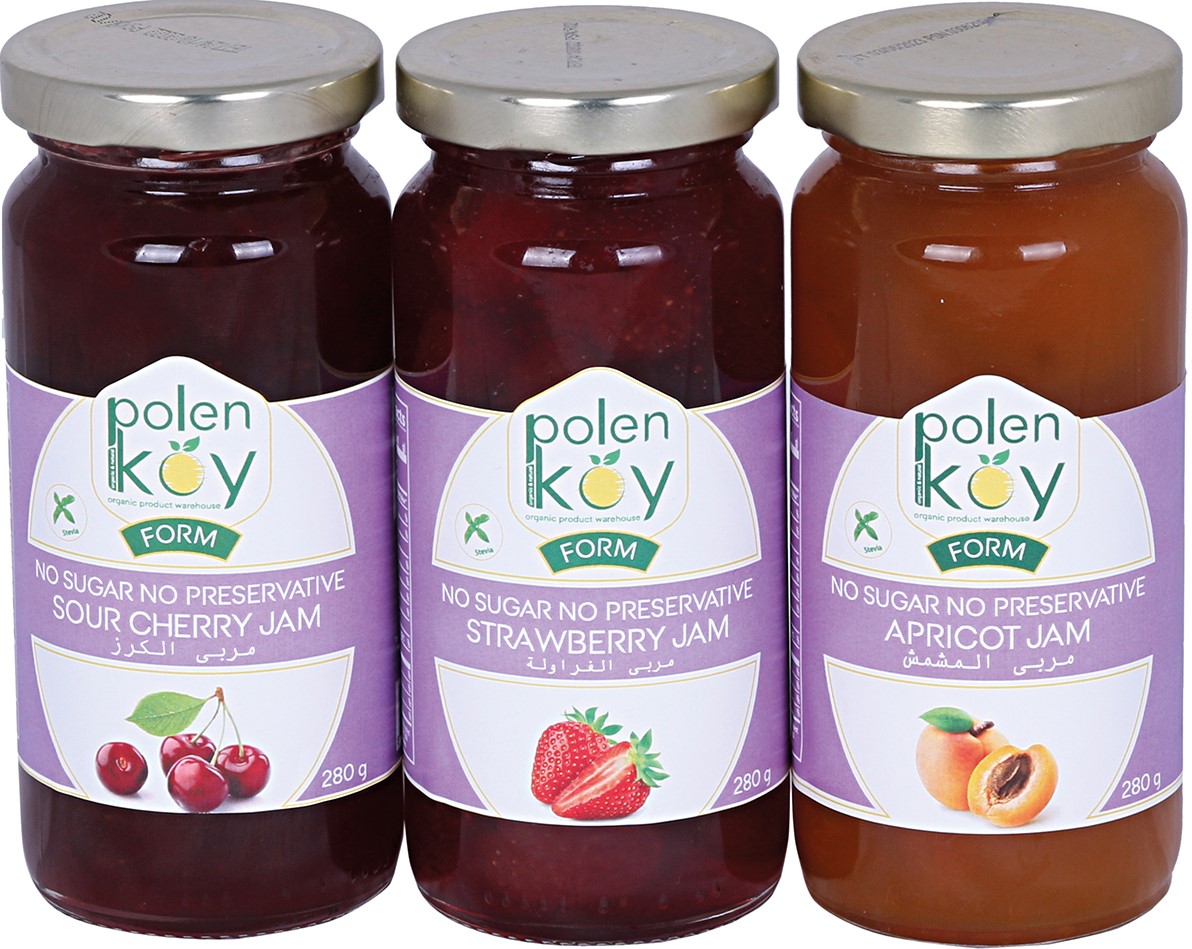 Polenkoy’s main audience for its honey, jams, oils, molasses and halva products is the Middle East
Polenkoy’s main audience for its honey, jams, oils, molasses and halva products is the Middle East
“Turkey can be considered a ‘food warehouse’ due to its strategic location and its ability to maintain a stable supply-chain equilibrium with an affordable price range. Turkey has good relationships with many Middle Eastern countries. There are continuous tourism and business trips to and from Turkey to these places. Once they’ve experienced the Turkish food culture, they would bring the experiences back to their home countries. Such movements promote Turkey’s sustainable growth in the Middle East markets, ” said Mr. Cosar.
Maximizing land potential for product diversification “Polenkoy’s R&D and marketing strategies are mainly based on product range. Thus it can offer its customers wide-variety of honey products besides the usual honey derived from flowers. For instance pine honey fulfills daily energy needs while acacia honey strengthens the immune system with its high amount of flavonoid antioxidants contents. Polenkoy’s honey range consists of acacia, chestnut, lavender, linden tree, multi flower, pine and thyme honey, each with unique benefits. Another advantage of having wide-range of honey varieties is that Polenkoy can continue to maintain its output throughout the four seasons and maximize the benefit of different climatic conditions of Turkey geographically. For instance, pine, chestnut and linden tree honeys are gathered from the Aegean Region as it has these trees in its flora. On the other hand, The Eastern Black Sea region has the perfect conditions to grow acacia trees. Consequently, this wealthy variety of Turkey’s climatic conditions offer us the ability to maintain our production throughout the year.” Mr. Cosar added.
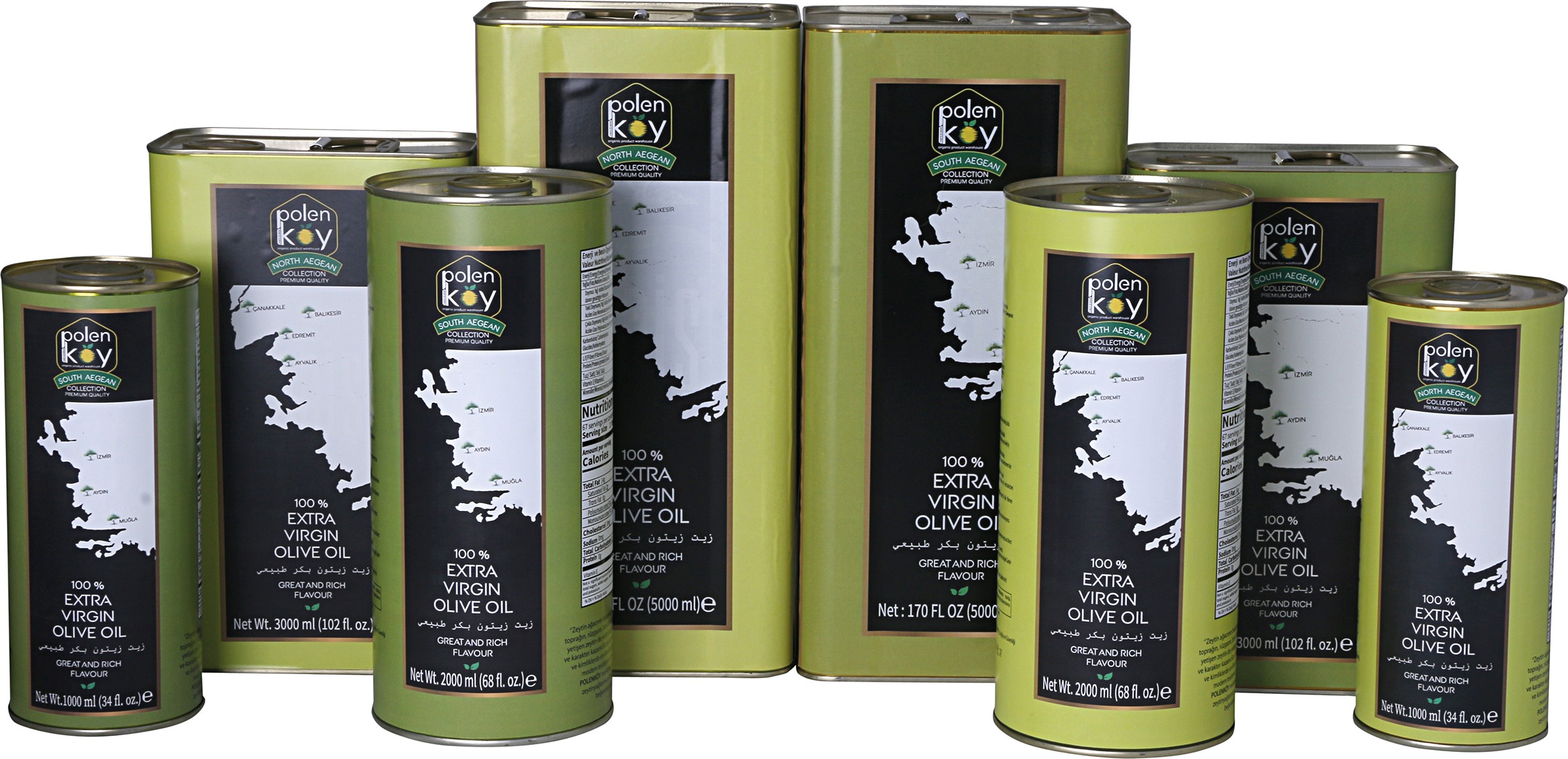 “The world has cultures and tastes that differ geographically, resulting in different expectations and perceptions on consumption behavior. We may encounter high interest for a certain product in a specific region, while other segments do not consume it. Hence, we focus on people’s consumption behaviors according to their cultures to confidently enter the market,” Mr. Cosar finished his words.
“The world has cultures and tastes that differ geographically, resulting in different expectations and perceptions on consumption behavior. We may encounter high interest for a certain product in a specific region, while other segments do not consume it. Hence, we focus on people’s consumption behaviors according to their cultures to confidently enter the market,” Mr. Cosar finished his words.



